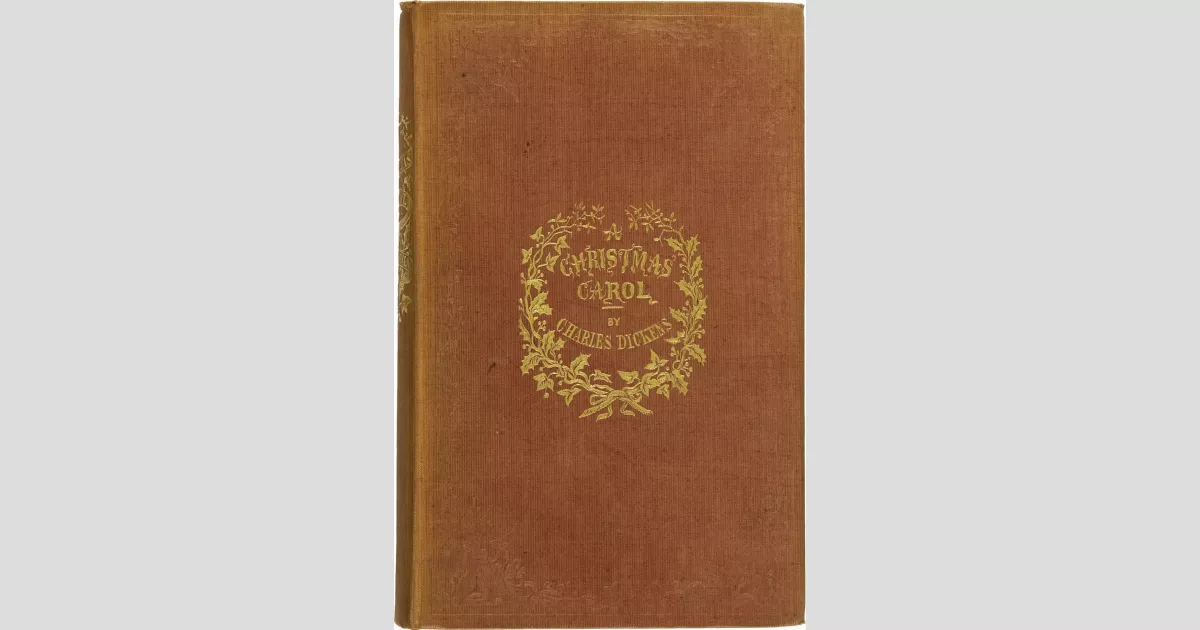A Christmas Carol by Charles Dickens tells the story of Ebenezer Scrooge, a miserly old man, who undergoes a profound transformation after being visited by the ghost of his deceased business partner, Jacob Marley, and the Ghosts of Christmas Past, Present, and Yet to Come. These spectral visitations force Scrooge to confront his past, witness the joy and suffering of those around him, and glimpse the bleak future that awaits him if he continues his selfish ways. The journey ultimately leads Scrooge to embrace the spirit of Christmas, becoming a generous and compassionate individual, thus redeeming his life.
1901: Scrooge, or, Marley's Ghost Film Release
In 1901, "Scrooge, or, Marley's Ghost", a silent black-and-white British film, was released as one of the first known film adaptations of a Dickens work.
1982: Scrooge added to Oxford English Dictionary
In 1982, the name "Scrooge" was added to the Oxford English Dictionary as a designation for a miser.
2025: Value of five shillings
In 2025, the price of five shillings, which was the original price of "A Christmas Carol", is equal to £31.
2025: Value of first edition profits
In 2025, the £230 Dickens earned from the first edition of "A Christmas Carol" is equal to £29,000, far less than the £124,000 he expected.
Mentioned in this timeline

Christmas is an annual festival celebrated on December th commemorating...

A dictionary is a reference work containing lexemes from one...

Oxford is a city in Oxfordshire England It serves as...
Trending
17 minutes ago Rugby Property Assets acquires Cavendish Walk Shopping Centre in Merseyside for £1.5m.
1 hour ago Medvedev, Bublik, and Rublev advanced; Medvedev seeks rankings change in Dubai.

1 hour ago Lauren Chapin, 'Father Knows Best' Child Star, Passes Away at 80
2 hours ago Tim NeCastro Announces Retirement as Erie Insurance CEO After 10 Years

1 hour ago Scientists speculate on insights from government's UFO files release directed by Trump.

4 hours ago Apple MacBook Pro: Touchscreen, Dynamic Island, and New Interface Coming Soon.
Popular

Jesse Jackson is an American civil rights activist politician and...

Susan Rice is an American diplomat and public official prominent...

Barack Obama the th U S President - was the...

Michael Joseph Jackson the King of Pop was a highly...

XXXTentacion born Jahseh Dwayne Ricardo Onfroy was a controversial yet...

Bernie Sanders is a prominent American politician currently serving as...
